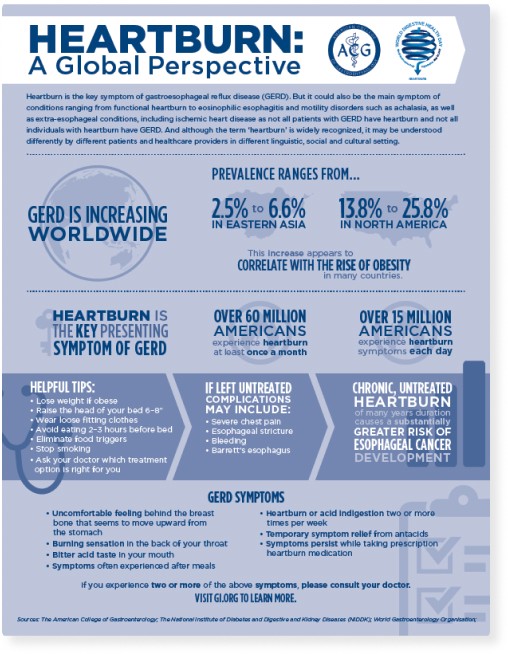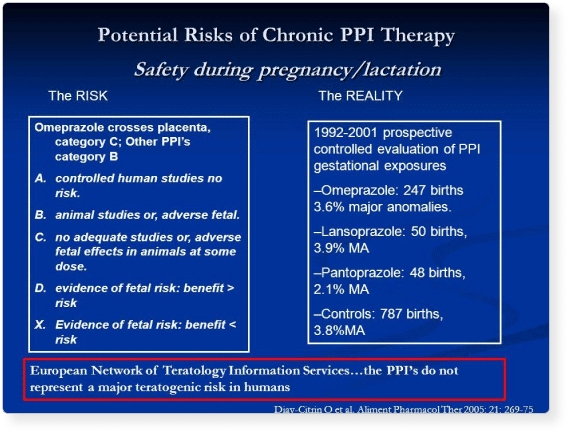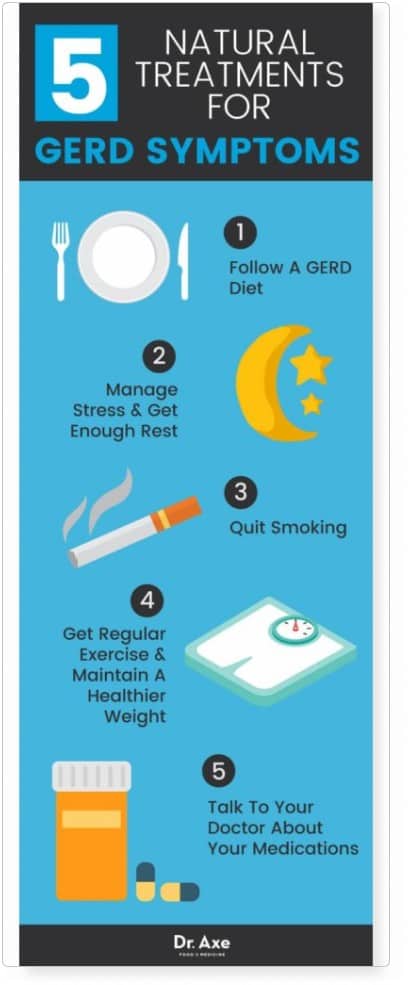Non-Surgical Options for Acid Reflux
You may be able to control gastroesophageal reflux (GER) and gastroesophageal reflux disease (GERD) by:
- Not overeating.
- Not eating 2 to 3 hours before bedtime.
- Quitting smoking and avoiding secondhand smoke.
- Losing weight if you are a person with heavy weight.
- Taking over-the-counter medicines, such as Maalox, or Rolaids.
- Not eating or drinking items that may cause GER, such as greasy or spicy foods and alcoholic drinks.

GERD Treatments
Depending on the severity of your symptoms, your doctor may recommend lifestyle changes, medicines, non-surgical procedures, surgery, or a combination.
Medical Treatment Benefits
- Relatively “lower” costs compared to other treatments.
- This procedure does not require sedation, anesthesia, or incisions.
Medical Treatment Risk
- High risk of complications and progression to narrowing, ulcers, and cancer.
- Costs more in the long run.
- Acid reflux medications cause more complications with long-term use.
What are the Alternatives to Non-Surgical Options for Acid Reflux
Incisionless Therapy
The following procedures strengthen the EGV without incisions:
- Stretta.
- TIF (Esophyx).
Surgical Procedures
The following procedures strengthen the EGV with small incisions:
- LINX.
- Laparoscopic Fundoplication and Hiatal Hernia Repair.
Firstly, your doctor may recommend surgery if your GERD symptoms don’t improve with lifestyle changes or medicines. Because you’re more likely to develop complications from surgery than from medicines. On the other hand, fundoplication is the most common surgery for GERD. In most cases, it leads to long-term reflux control.
Similarly, a surgeon performs fundoplication using a laparoscope, a thin tube with a tiny video camera. During the operation, a surgeon sews the top of your stomach around your esophagus. Moreover, add pressure to the lower end of your esophagus and reduce reflux. Generally, the surgeon operates the procedure in the hospital. Then you receive general anesthesia and can leave the hospital in 1 to 3 days. Although, most people return to their usual daily activities in 2 to 3 weeks.
Besides this, endoscopic techniques, such as endoscopic sewing and radiofrequency. Further helps control GERD in a small number of people. Endoscopic sewing uses small stitches to tighten your sphincter muscle. Likewise, radiofrequency creates heat lesions, or sores, that help tighten your sphincter muscle. Nonetheless, the surgeon performs both operations using an endoscope at a hospital or an outpatient center. Later you receive general anesthesia. However, the results for endoscopic techniques may not be as good as those for fundoplication. Because doctors don’t use endoscopic techniques often.

Risks of Medical Therapy
While not everyone will experience these risks. However, it’s important to note that medications prescribed for acid reflux carry several potential risks. Such as dementia, stomach cancers, and bowel infections.
Currently, we do not recommend the long-term use of these medications. Furthermore, the FDA now requires these medications to carry a black warning label.
Options for Acid Reflux – Eating, Diet, Nutrition
How can your diet help prevent or relieve GER or GERD?
Changing your diet can prevent or relieve your symptoms of gastroesophageal reflux (GER) or gastroesophageal reflux disease (GERD). You may need to avoid certain foods and drinks that worsen your symptoms.
Other dietary changes that can help reduce your symptoms include:
- Decreasing fatty foods.
- Eating small, frequent meals instead of three large meals.
What should I avoid eating if I have GER or GERD?
Avoid eating or drinking the following items that may make GER or GERD worse:
- Coffee.
- Chocolate.
- Peppermint.
- Alcoholic Drinks.
- Greasy, Fired, or Spicy Food.
- Carbonated Soda or Beverages.
- Tomatoes and Tomato Products.

What can I eat if I have GER or GERD?
Eating healthy and balanced amounts of different types of foods is good for your overall health.
If you’re an individual with a higher body weight, consult with your doctor or a dietitian about dietary changes. Additionally, we can help you lose weight and decrease your GERD symptoms. Schedule a teleconsult or book an appointment at IBI Healthcare.






